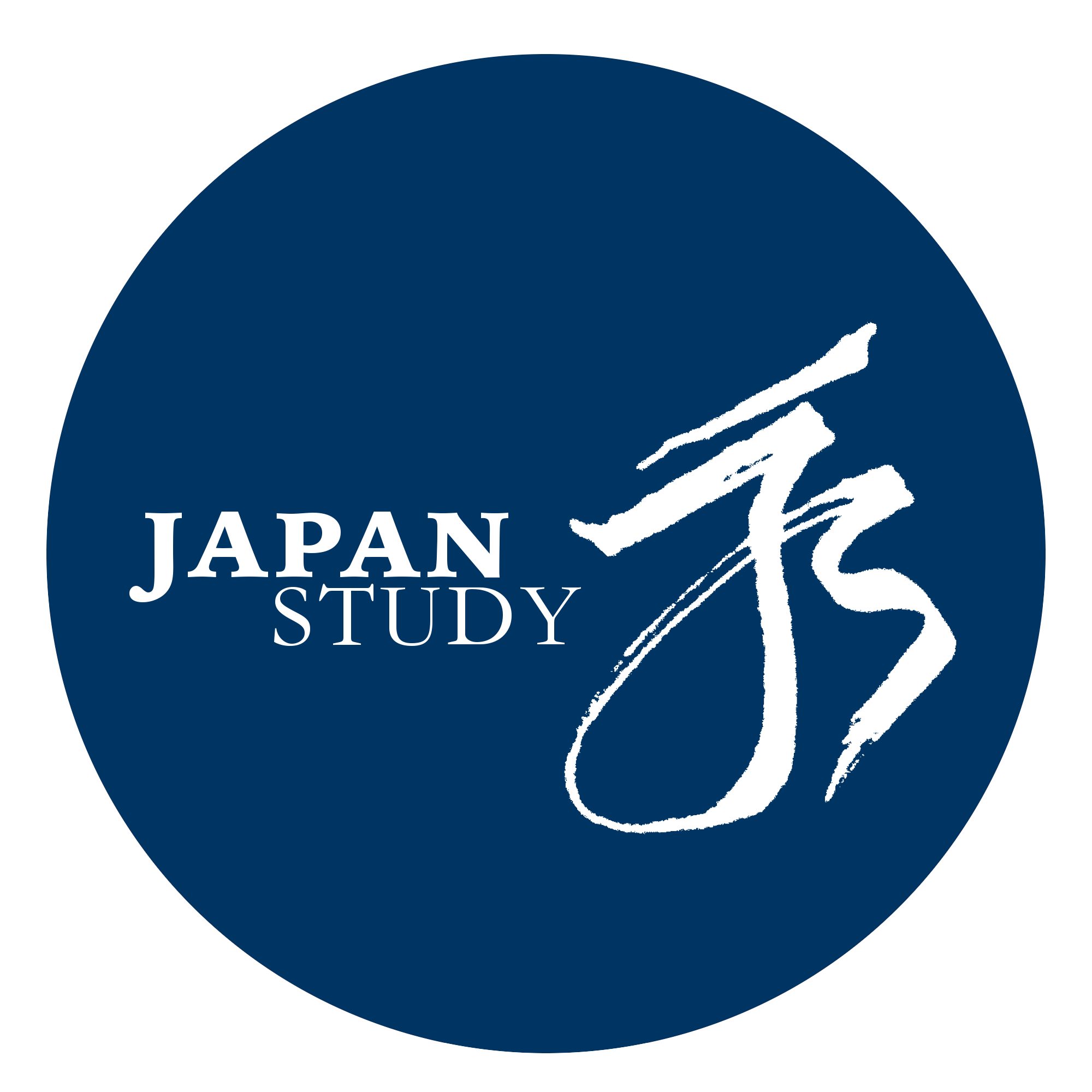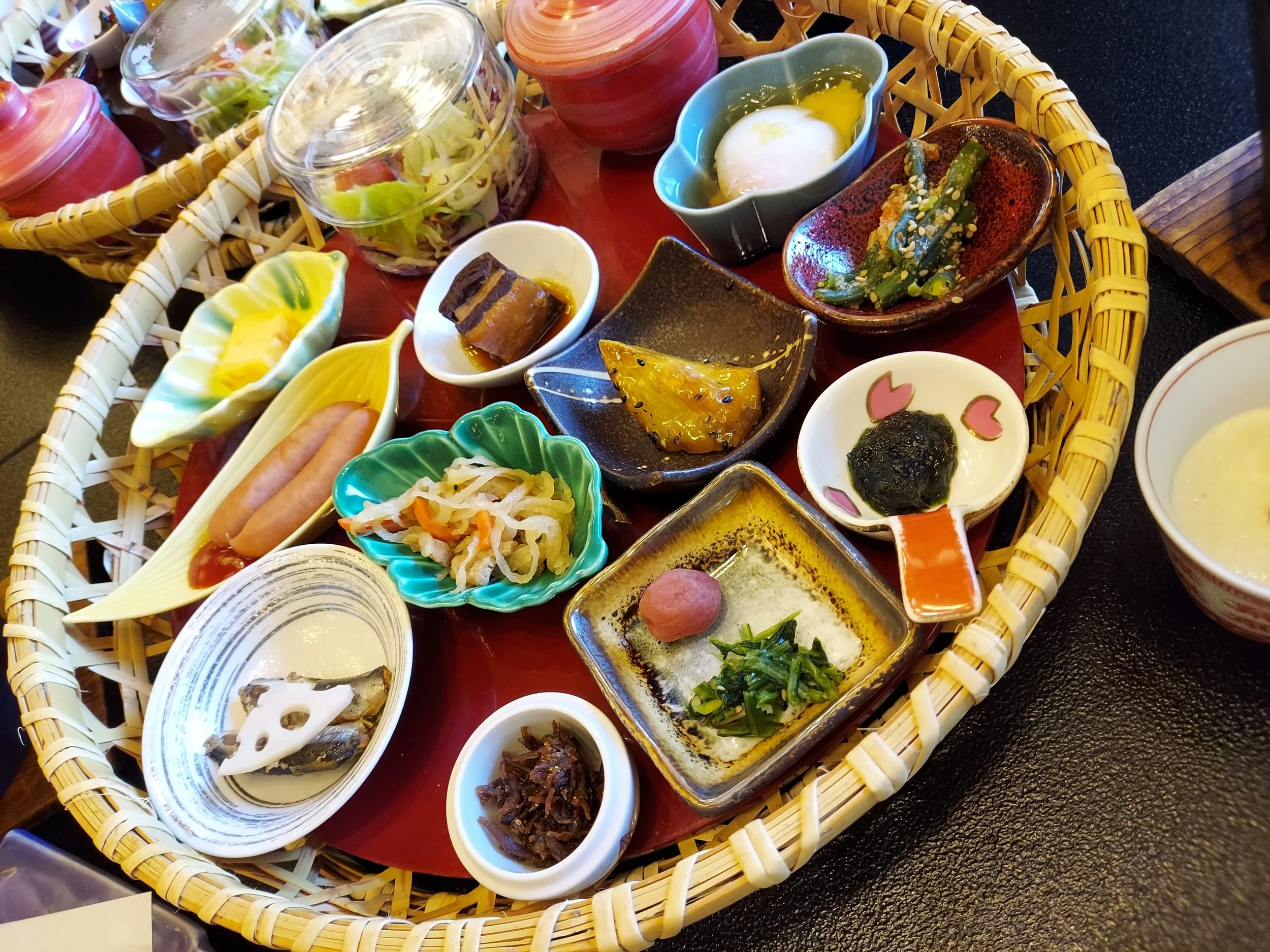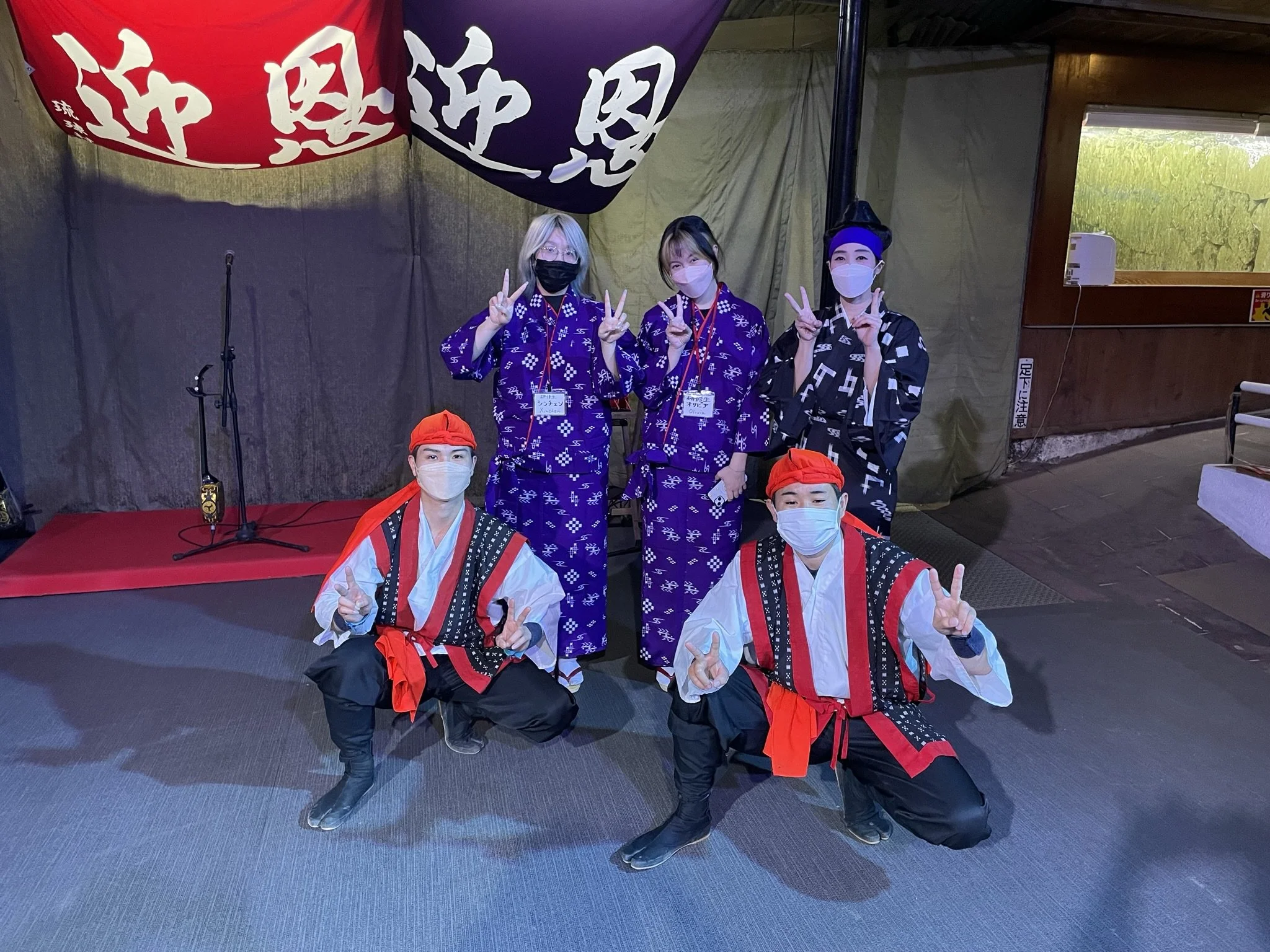Overview
The Cultural Internship (CI) is a once in a lifetime opportunity for students to experience new facets of Japanese culture firsthand. For approximately four weeks during winter break (February/March), students are immersed in a cultural or volunteer experience with local institutions throughout Japan. Many students describe the Cultural Internship as one of the highlights of Japan Study.
Transportation to and from the CI site, accommodations, and meals are included in the program fee. Students apply for a Cultural Internship through the Japan Study Waseda office during Fall Semester. The CI is required for all Academic Year students. Check out the videos below for more information about recent Cultural Internship options!
Students also have the option of creating their own Cultural Internship. Sites must be located outside of the Tokyo/central Kanto region. Students’ home institutions sometimes have a connection or partnership that makes this possible. The process of creating your own Cultural Internship must begin prior to your departure by contacting the Japan Study Program Director at Earlham College.
Cultural Internships are subject to change depending upon the host site's needs and availability. The locations introduced below may not be available every year. Please contact our office if you have a question about a particular site.
Recent Cultural Internship Program Reports
Recent Cultural Internships
Becoming a Zen Monk at Sogenji in Okayama
Sogenji is a Buddhist temple nestled in the Maruyama mountains near the port city of Okayama. By following a rigorous daily training schedule, students become monks in the Zen tradition. Sogenji typically requires a one-year commitment, but Japan Study has arranged for students to participate fully in the life of the temple for only one month. Students have said that their time at Sogenji was challenging, but extremely rewarding.
Rural Business and Local Culture in Taku, Saga
Students volunteer at various local businesses such as strawberry farms, pottery centers, manju stores, and more. They also experience local culture through experiences such as visiting the Confucian learning center and participating in seasonal events. Students will also visit local elementary and middle schools to promote cross-cultural understanding.
CUltural & Educational Exchange in Unnan-shi, Shimane
Unnan-shi is the oldest of our programs, having begun in 1986 and involving over 400 students. The second least populated prefecture in Japan provides an experience far different from metropolitan Tokyo. Students interact with their new host families and visit local schools as cultural ambassadors. Rural Japan still preserves many local traditions – some through conscious effort, and others flowing through the culture almost unnoticed as they are transmitted from one generation to the next.
Community Service & Engagement in Daito-shi, Osaka
Students work at a life-long learning center in Osaka called “Across” and assist in the teaching of various classes for adults, including calligraphy, English conversation, and traditional arts of Japan. They also volunteer at local organizations such as after school groups and activity camps for children. Students experience traditional culture through a variety of hands-on events.
Environmental Tourism at Mori-No-Ie in Iiyama, Nagano
Students volunteer at a nature lodge in Nagano, a region known for its high snowfall. The lodge offers its customers a variety of outdoor activities, including hiking, igloo building, and snowshoeing. Students help with shoveling snow, translating hotel documents, cleaning guest rooms, snowshoeing tours, and interacting with guests.
Japanese Omotenashi at a Ryokan in Minakami, Gunma
The Minakami Cultural Internship involves working at a traditional Japanese inn (ryokan) in a mountain resort town northwest of Tokyo. Students become an employee of the inn for one month and help with tasks such as cleaning, arranging rooms, and serving in the dining room while learning about the concept of Japanese hospitality called omotenashi. The hours are long and the work is physically demanding, but past participants have thoroughly enjoyed their experiences.
Hospitality Work at Fukui Phoenix Hotel in Fukui, Fukui
Students live and work in a hotel on the Japan seaside and participate in all aspects of hotel work such as serving in the restaurant, cleaning, and assisting front desk staff. This site provides students a chance to view a professional working environment in Japan and an opportunity to learn about the concept of omotenashi.
SDG and Local Culture Experience in Onna, Okinawa
Students work at the local farmer’s market and beach resorts while participating in and learning about the village’s SDG efforts. Students help clean the local beaches, do hospitality work at 2 resort “beach houses,” and sell local produce and specialties at the farmer’s market.
Asahiyama zoo work in asahikawa hokkaido
Assist with events at the zoo such as the “penguin walk” and “night zoo,” help with advertising, and work in guest relations. Students will also participate in local cultural and business events in Asahikawa and work for a few days at a ski resort.
Living Arrangements: Share house









